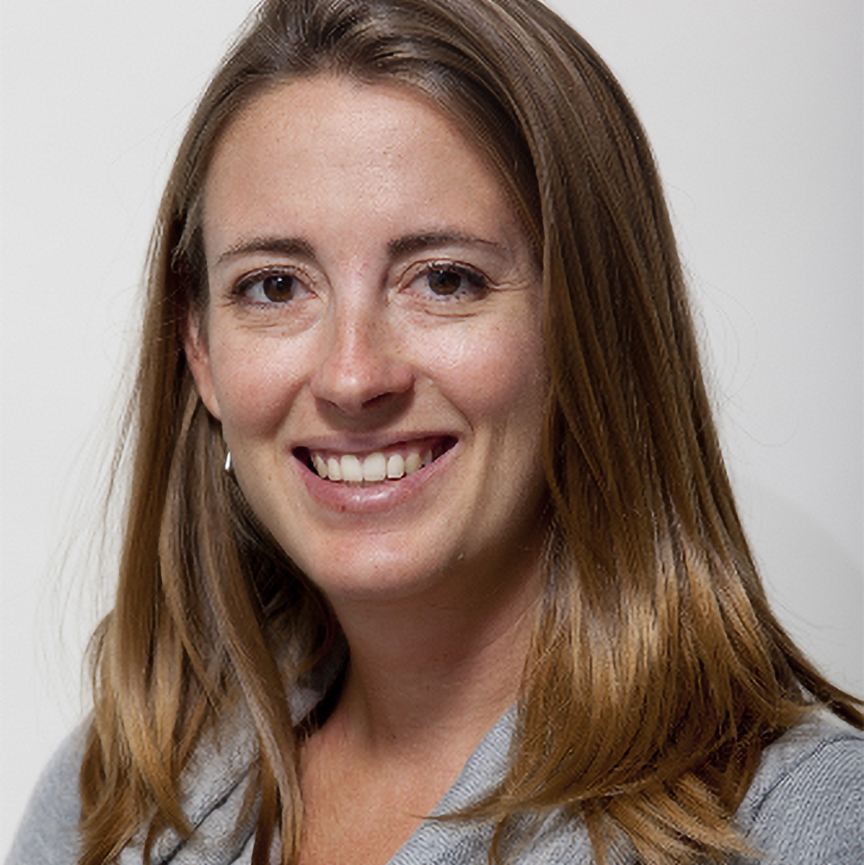Dr. Shannon Bainbridge’s research program at the Placenta Lab, University of Ottawa, seeks to understand the biological complexities of placental dysfunction and how it leads to adverse short- and long-term health outcomes for birthing parents and their children. Dr. Bainbridge applies an interdisciplinary approach, with particular emphasis on translating generated knowledge into clinical practice. Her well-funded research (over $7.7 Million in grant funding from CIHR, NSERC, CFI, and the Preeclampsia Foundation) has made considerable advances in our understanding of the distinct forms of placental disease that underlie some of the most common and debilitating obstetrical complications, including preeclampsia and fetal growth restriction. Her research also seeks to understand how exposure to various environmental factors, such as opioids, cannabis, or plastic products, can affect placental development and function, and the long-term consequences of these environment-placenta interactions on the lifelong health and wellbeing of the offspring and birthing parents. Through a fruitful collaboration with the Faculty of Engineering at Carleton University, Dr. Bainbridge’s team is currently working on developing machine learning algorithms that can be applied in the context of a clinical placenta pathology exam. This would assist in the automated diagnosis of distinct forms of placental disease, detection of different in utero environmental exposures, and the generation of future health risk profiles for offspring and birthing parents. More information about Dr. Bainbridge’s research program can be found on her lab website.
The Placenta Lab is also highly committed to community engagement; it hosts family-friendly events that focus on the importance of early life experiences to lifelong health and wellness, and more specifically on the “most important organ you have ever owned – your placenta”. These events include interactive activities and experiments for children and youth, models and infographics highlighting research being done by the group, and “meet a scientist” sessions – actions to deliberatively communicate science to the general public. If your organization or classroom is interested in hosting a Placenta Lab community engagement event, please send us an email.
Professor Bainbridge is accepting new students for thesis supervision.
